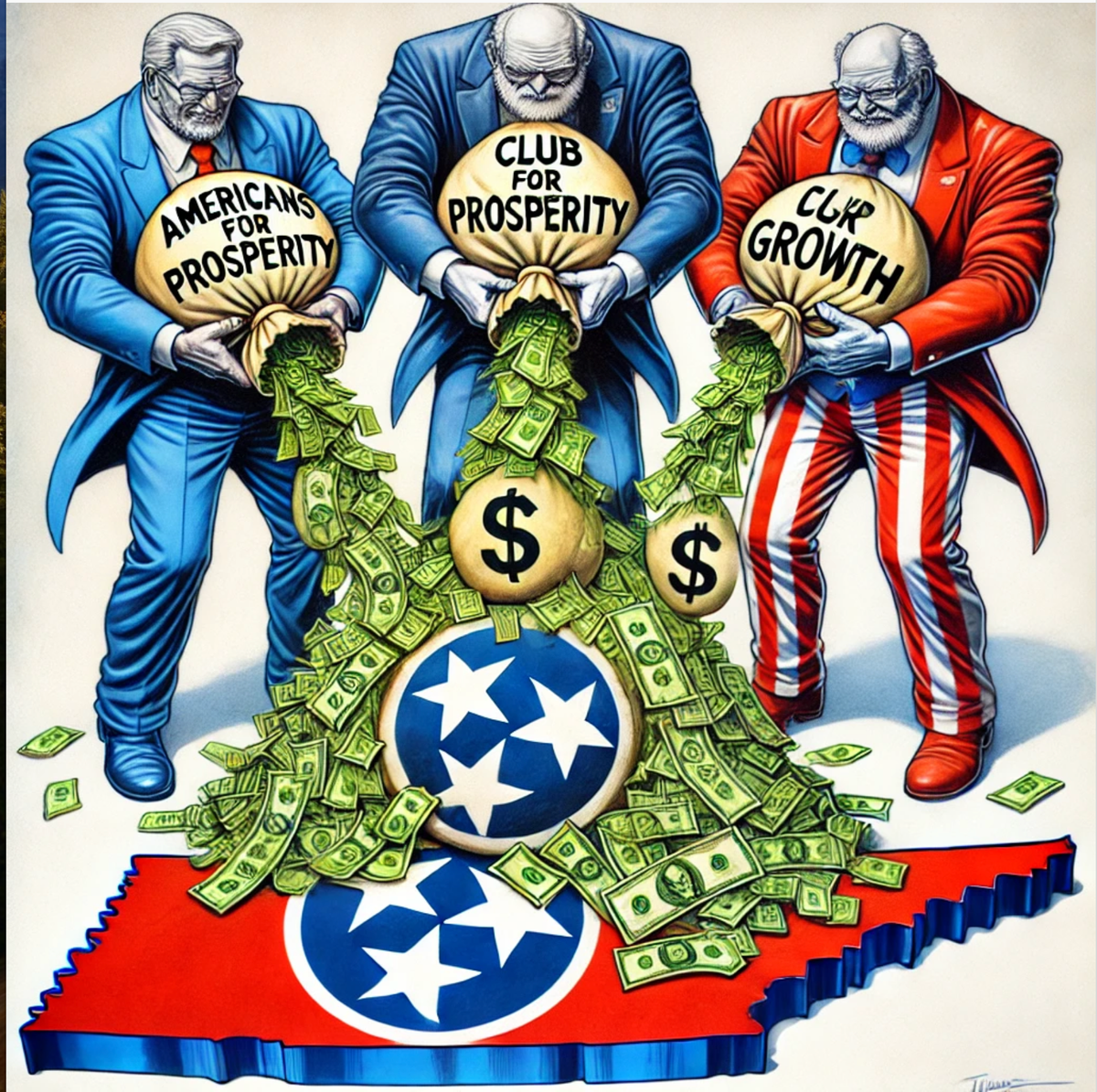Big Pac Money Is Influencing Tennessee Elections, Not Tennessee Voters

Why It Matters
The significant financial investments in Tennessee state Senate races by establishment leadership underscore the stakes involved in these primary challenges. Nearly $900,000 was allocated to support two incumbent senators, highlighting the broader implications these elections could have on the state's political landscape and leadership, particularly with the looming transition of Senate leadership.
What We See
Lt. Gov. Randy McNally and other establishment leaders are actively supporting state Sens. Ferrell Haile and Jon Lundberg through substantial financial backing against their primary challengers. This move is part of a strategic effort to maintain control and continuity within the Tennessee Senate.
Between The Lines
The focused financial backing reveals underlying concerns within the GOP about maintaining influence and direction in the state Senate. McNally’s comment about prioritizing the return of incumbents suggests a defensive strategy aimed at preserving current political dynamics against grassroots and outsider challenges that may push for different policy focuses or disrupt established agendas.
Case In Point
The primary policy position driving this substantial financial involvement is Governor Bill Lee’s voucher legislation, which he aims to see passed before the end of his term. The allocation of funds to certain candidates, therefore, is not just about securing seats but also about ensuring the passage of specific legislative priorities.
The Other Side
The grassroots organizations and primary challengers represent a significant pushback against the establishment’s candidates, accusing them of being influenced by "dark money" and not truly representing local constituents’ interests. This divide highlights a broader national debate over the influence of money in politics and the authenticity of candidate platforms.
What's Next
As the election approaches, the impact of these financial investments will become clearer. With substantial money being spent on both supporting favored candidates and attacking opponents, the outcomes could lead to shifts in the state's legislative priorities, particularly if new leaders emerge who align more closely with grassroots movements or diverge from the established political strategy.
Want a deeper dive?
Unlock full access to the article and ensure you're equipped with every crucial detail and fact—subscribe now to stay fully informed.